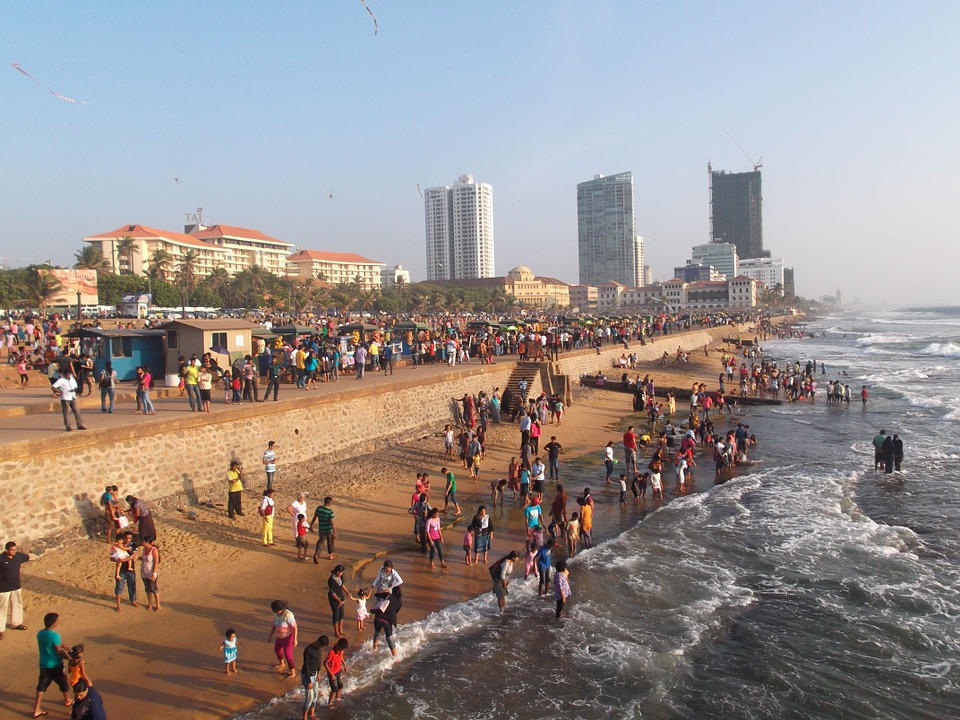 LSE’s African Chair Thandika Mkandawire suffered imprisonment for his role in the struggle for the independence of Malawi and 30 years of exile. In this post, he writes about the role Nelson Mandela played in inspiring his generation of political activists.
LSE’s African Chair Thandika Mkandawire suffered imprisonment for his role in the struggle for the independence of Malawi and 30 years of exile. In this post, he writes about the role Nelson Mandela played in inspiring his generation of political activists.
It is difficult to write about Nelson Mandela without sounding sycophantic or as if engaged in uncritical hero worship. Mandela’s stature and personality left little room for other sentiments other than those of profound admiration and gratitude. The post-World War II era produced some memorable African leaders who grace the pantheon of champions of the African liberation struggle. There is little doubt that Nelson “Madiba” Mandela ranked among the best of these.
This is re-posted from the Africa at LSE blog. read the full original post here.





